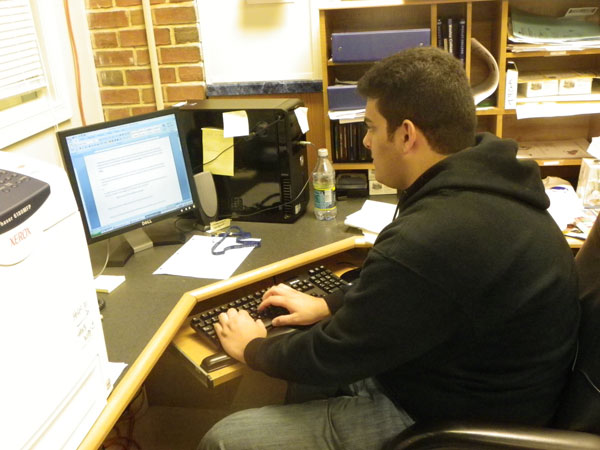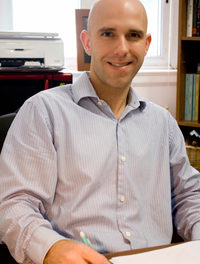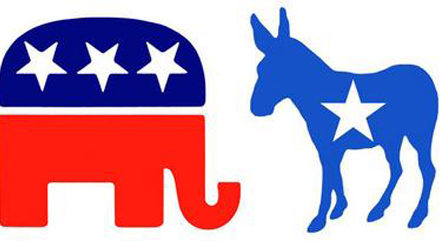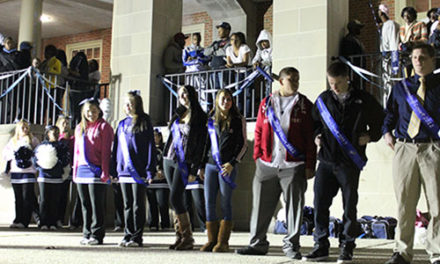By Kim Manahan (Whetstone staff writer)
College isn’t just about academics.
It’s also about learning life skills and getting involved.
“The more interests you have in life, the more interesting life is,†said Victor Archambeau, who attended Wesley from 1972-74.
It helps prevent boredom and makes us more well-rounded individuals, he said.
“I believe that the more students are involved, the more likely they will graduate on time,†said sophomore Bryan Zarou.
“We push involvement on campus so students find something that they like to do,†said Mary-Alice Ozechoski, dean of students. “Well over half the students are involved.â€
In a survey conducted of students and alumni, more than 96 percent of participants said that they would encourage students to get involved on campus, and almost 85 percent believe that getting involved helps with retention.
There were 32 participants in the survey.
Student government members and resident assistants are more connected with the institution, Ozechoski said.
“Getting involved has allowed me to have an opening to so many opportunities I would not have gotten any other say,†said sophomore Brooke Hughes, a member of Theta Phi Alpha sorority.
Students also join organizations to make a change.
“I [joined SGA] because I saw the changes that needed to be made and I wanted to join the effort with Tanner Polce to change them,†Zarou said.
It also helps develop life skills.
“I was able to practice great time management,†said Khalilah Alston, who graduated in 2005.
Alston was a member of the cheer team, dance team, Greek life, and the International Student Association.
“I was able to have a very fulfilling time while in college,†she said.
Student athletes graduate at a higher rate, Ozechoski said.
Phil Mileski, who graduated in 2002, played football and lacrosse.
“It allowed me to meet a lot of great people that I continue friendships with,†he said. “And it gives me a reason to return to alumni events to visit with one another and rekindle old memories.â€
Several theories have been developed about student involvement.
Ozechoski cited Alexander Astin’s “Theory of Involvement,†which claimed that students learn more the more that they are involved in the academic and social aspects of the college.
“Astin states that the quality and quantity of the student’s involvement will influence the amount of student learning and development,†said Krista Hutley, in a paper she wrote for the Center for the Advancement of Teaching.
Another theory, by Vincent Tinto, says that the first 48 hours on campus are the most critical to the student’s experience.
“This is why we do orientation the way that we do,†Ozechoski said.
The school works hard to make sure students are engaged right away, she said.
“There is research, theory and practice,†Ozechoski said. “What we do is based on research.â€
Students are put in groups to make sure they are getting what they need, and if students walk away from orientation with just a couple of tools, Ozechoski said she’s doing her job.
“I’m a big believer that your co-curricular experiences are as important as your classroom ones,†said Sarah Smith, director of student activities.
While attending Missouri State for her bachelors, Smith participated in a Greek organization, student government, and the American marketing association. She also ran her college’s homecoming and Greek week.
She believes that students participating in co-curricular activities are more likely to graduate.
“They’re an easy way to learn life skills,†she said. “What I learned in the classroom helped in my organizations.â€
The college also benefits from participation.
“Having a few individuals on this campus that care about this institution benefits Wesley as a whole,†Zarou said. “Whether it be students, faculty, or administration.â€
Getting involved is also a great resume builder.
“You gain experience and it helps you in making lasting correction,†said freshman Laura Jones.
Carmen Walsh, a senior, sees it as a key to success throughout and after college.
“Being in a Greek organization helps with social interaction,†Walsh said. “It also connects ones with others within the work environment. Greeks make up a huge number of chief executive officers throughout the world.â€
“Students are always learning outside of the classroom,†Ozechoski said. “They’re just not aware of it.â€





